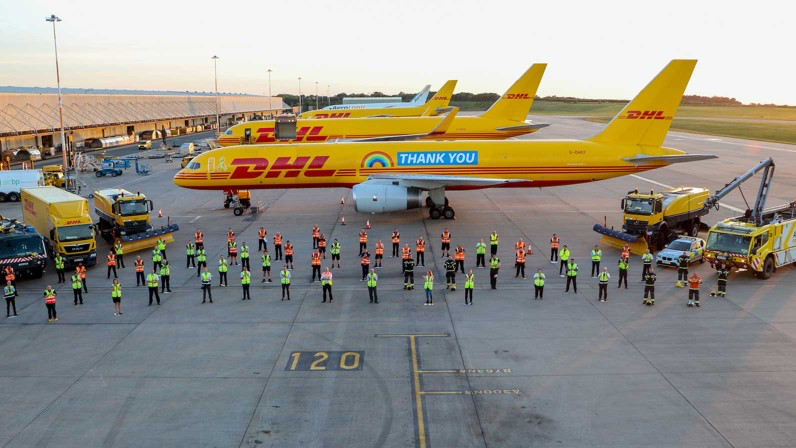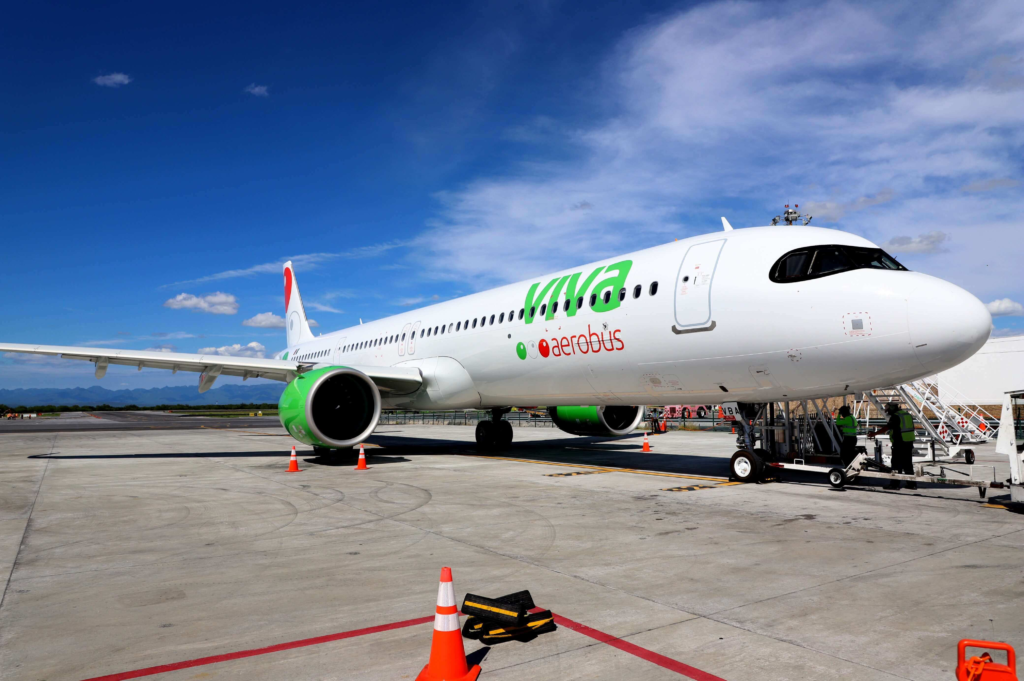Deutsche Post DHL Group Raises Guidance After Record Quarterly Earnings
Bonn, Germany - Deutsche Post DHL Group (OTC: DPSGY), the world's leading logistics company, has today released preliminary results for the second quarter of 2021. Simultaneously, the outlook for the current financial year and for 2023…

